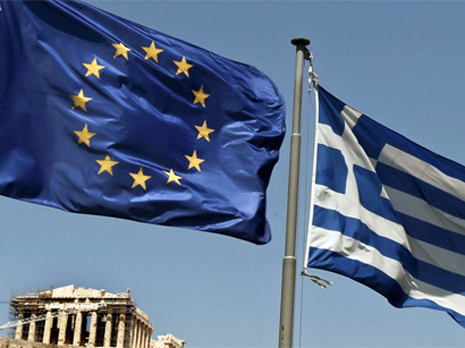Greece’s 86-billion-euro bailout program, its third since 2010, is due to end in August and international lenders are debating how to ensure the country makes its exit on a sustainable footing.
Among options under consideration in Brussels are support measures that could run into tens of billions of euros and help ease servicing costs on a public debt pile that, in terms of economic output, is among the biggest in the world.
Greece’s economy expanded by 1.6 percent last year after emerging from a long recession. The European Commission forecast growth of 2.5 percent this year and next, but that rate could slow if reforms stall after strict monitoring by the lenders ceases.
The euro zone bailout fund is expected to pay out a 5.7 billion euro loan later in March, Eurogroup head Mario Centeno told a news conference following the finance ministers’ monthly meeting, after Greece met commitments under the third review of its rescue program.
To successfully exit the program, a fourth review of 88 reform actions must be completed before August. This would allow Greece to access other loans.
“I am confident Greece will implement all remaining deliverables to conclude the program successfully,” Centeno said.
They include new privatizations and reform of the gas and electricity markets, which he said were preconditions to granting Greece new debt relief.
More about:














































